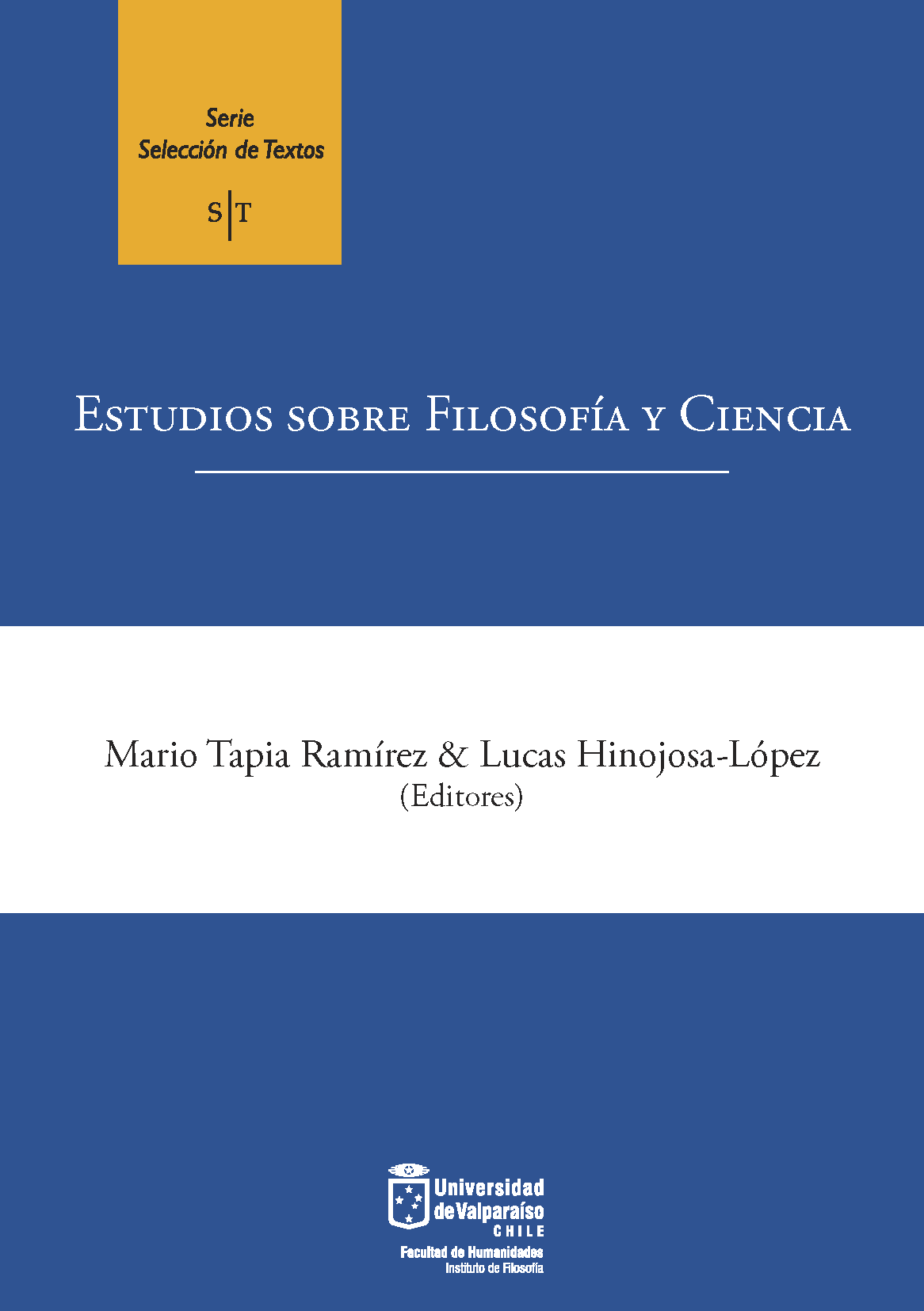Física y metafísica en Descartes. Una pregunta a partir de la lectura de Clarke
DOI:
https://doi.org/10.22370/sst.2025.10.4911Palabras clave:
Modernidad Temprana, metafísica cartesiana, aristotelismo, condena de GalileoResumen
Clarke sostiene que la obra de Descartes debiese ser leída como la producción intelectual de un científico práctico que también se interés o por cuestiones metafísicas, relegando así la metafísica a una preocupación de segundo orden. Esta propuesta carga una limitación explicativa, pues es manifiesto que posterior a 1637 la publicación de la metafísica adquiere relevancia dentro de las preocupaciones intelectuales del francés, por lo que resulta complejo aproximarse a su obra en los términos propuestos por Clarke, los cuales no permiten entender por qué un científico práctico para quien la metafísica representaba una preocupación secundaria dedicó una porción importante de su tiempo a una presentación elaborada de la misma. En el presente trabajo sostengo que la importancia que adquiere la presentación de la metafísica está vinculada con la ulterior publicación de su física. Para demostrarlo revisaré el curso histórico del trabajo de Descartes, prestando especial atención al cambio estructural que afecta la presentación de su física luego de la condena de Galileo, i.e., las diferencias estructurales existentes entre El Mundo y los Principios de la Filosofía.
Descargas
Referencias
Bloch, M. (2019). Fustel de Coulanges historiador de los orígenes de Francia. En Historia e historiadores. Traducción de Francisco González García. Madrid: Akal.
Clarke, D. (1982). Descartes’ Philosophy of Science. Manchester: Pennsylvania State University Press.
Descartes, R. (1964-1974). OEuvres de Descartes. Charles Adam & Paul Tannery (Eds.). Par´ıs: J. Vrin.
Descartes, R. (2011). Tres cartas a Marin Mersenne (primavera de 1630). Edición bilingüe, introducción, traducción y notas de Pedro Lomba. Madrid: Encuentro.
Descartes, R. (2019). El Mundo o el Tratado de la luz. Traducción, introducción y notas de Ana Rioja Nieto. Madrid: Alianza.
Garber, D. (2000). Semel in vita: The Scientific Background to Descartes’ Meditations. En Descartes Embodied: Reading Cartesian Philosophy through Cartesian Science (pp. 221–256). Cambridge: Cambridge University Press. https://doi.org/10.1017/CBO9780511605994.012.
Gaukroger, S. (1983). Descartes’ Philosophy of Science. Desmond M. Clarke. Isis, 74(3), pp. 445-446. https://doi.org/10.1086/353346.
Gaukroger, S. (1995). Descartes: An Intellectual Biography. Oxford: Clarendon Press.
Harman, P. M. (1984). Seventeenth Century - Desmond M. Clarke, Descartes’ philosophy of science. Manchester: Manchester University Press 1982. Pp. xiv + 249. ISBN 0-7190-0868-9. £19.00. The British Journal for the History of Science, 17(1), pp. 114–114. https://doi.org/10.1017/S0007087400020707.
Lohr, C. H. (1975). Renaissance Latin Aristotle Commentaries: Authors C. Renaissance Quarterly, 28(4), pp. 689–741. https://doi.org/10.2307/2860175.
Lohr, C. H. (1976). Renaissance Latin Aristotle Commentaries: Authors D-F. Renaissance Quarterly, 29(4), pp. 714–745. http://www.jstor.org/stable/2860037.
Lohr, C. H. (1980). Renaissance Latin Aristotle Commentaries: Authors Pi-Sm. Renaissance Quarterly, 33(4) , pp. 623–734. https://doi.org/10.2307/2860691.
Descargas
Publicado
Número
Sección
Licencia

Esta obra está bajo una licencia internacional Creative Commons Atribución-NoComercial-SinDerivadas 4.0.

